If there were an Eddie the Eagle award for theatre — to recognise large reputations built on minuscule achievements — it would go to the Royal Court. Sixty years ago the English Stage Company arrived at ‘the Court’ determined to amaze the world with a new generation of thrusting young geniuses.
Already a subscriber? Log in
Subscribe for just $2 a week
Try a month of The Spectator Australia absolutely free and without commitment. Not only that but – if you choose to continue – you’ll pay just $2 a week for your first year.
- Unlimited access to spectator.com.au and app
- The weekly edition on the Spectator Australia app
- Spectator podcasts and newsletters
- Full access to spectator.co.uk
Or

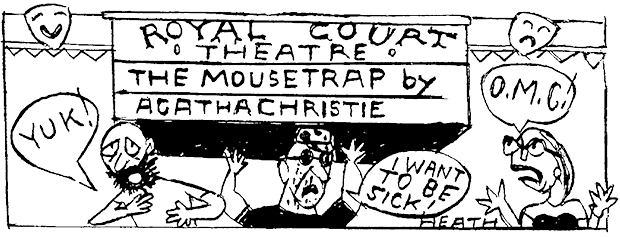
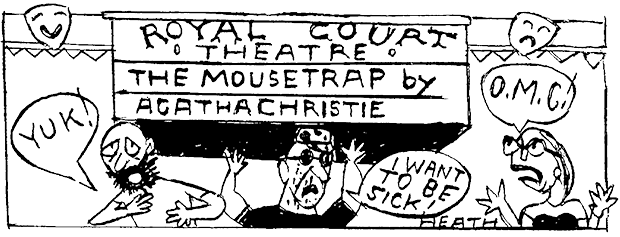
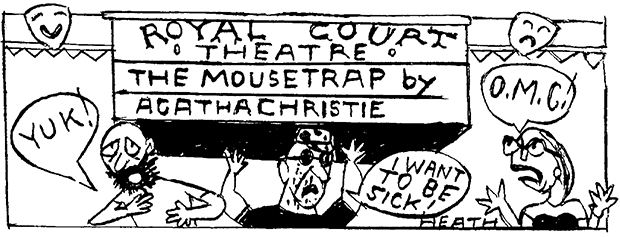
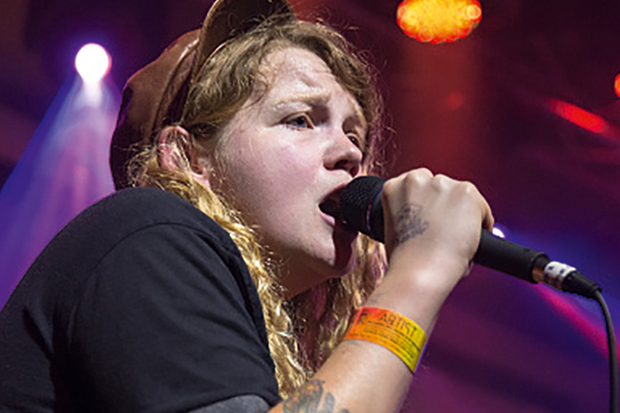
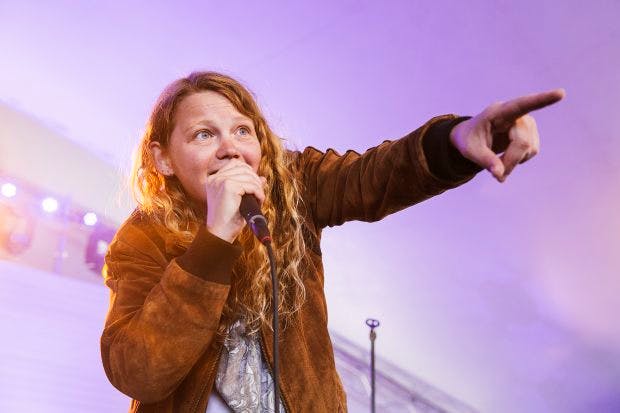
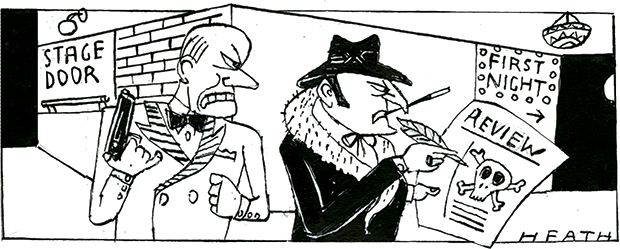






Comments
Don't miss out
Join the conversation with other Spectator Australia readers. Subscribe to leave a comment.
SUBSCRIBEAlready a subscriber? Log in